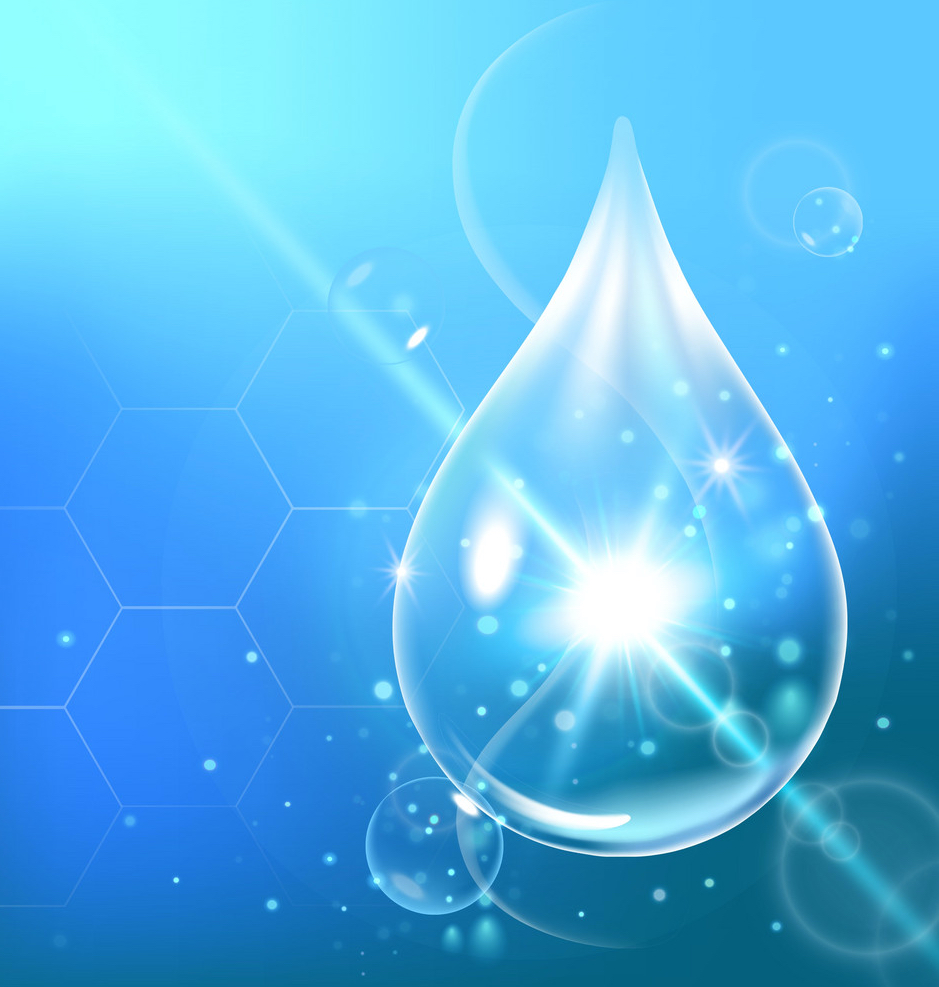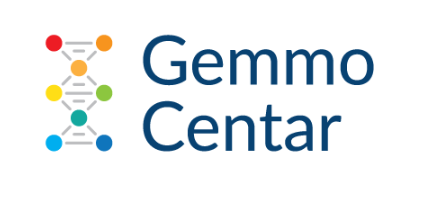
Collagen is one of the most useful proteins in the human body, accounting for 30% of total protein and a major component of skin, bone and connective tissue. Connective tissue is one of the basic tissues and together with cartilage and bone tissue makes supporting tissue spread throughout the body.
Collagen contains 19 different amino acids, which is why it is often called a complex protein. Collagen amino acids are a mixture of non-essential and essential types of amino acids.
Of the 19 types of collagen, the four most important collagens are indicated by Roman numerals. Thus, there are: type I, which is most prevalent in the bones, type II, which forms the majority of cartilage, and type III, permeate embryonic tissues (blood vessels and digestive system). Type IV is found in the basal membranes and forms a sort of network, while types I, II and III make up 90% of the total collagen content of the body.
When we talk about the role of collagen, we are talking about the role of the connective tissue itself – it connects bones to joints and builds sheaths around organs, wraps muscles and muscle groups, protects blood vessels and nerves. In addition, collagen is best known for helping to maintain skin elasticity and to connect tendons and joints. The human body has the ability to synthesize collagen, but with aging it gradually loses that possibility, which is reflected in the reduction of elasticity and suppleness of the skin, that is, it results in the formation of wrinkles and joint pain. Collagen deficiency, among other things, can cause many disorders of the musculoskeletal system, such as arthritis.
In particular, apart from the breakdown and collagen formation, other factors critical to skin aging are: UV skin protection, skin hydration, oxidative stress, the Q10 effect, the need for selenium, inflammatory responses and biological age and genetic polymorphisms.
Lifestyle and nutrition can partly slow down collagen loss, and dietary supplements that come in the form of pills, powders or capsules, as well as cosmetic collagen supplements used for skin rejuvenation, injections with wrinkle-removing collagen, are increasingly popular today. the most common consumers are women. In addition to collagen as an adjunct, skincare products have recently been singling out vitamin C as a key factor in the generation of stale and under-resilient skin. The antioxidants found in Vitamin C can boost collagen production.
In addition to vitamin C, there are factors that stimulate collagen production, and it is easiest to get them into the body with food. Collagen-rich foods are certainly protein-rich foods – eggs, poultry, fish, mushrooms, nuts, green vegetables and citrus fruits.
In addition to food, herbs such as aloe vera have long been used to treat wounds on the skin, and are now widely consumed in various forms. The aloe vera gel, when applied to the skin, cools and soothes any burns and stings but also tightens the skin. The reason is that the aloe vera plant promotes the breakdown of collagen when placed on the skin or applied orally.
If you are a diet supporter and want to rebuild collagen quickly and easily, the advice is Collagen Peptan Plus + Vitamin C
For more information and consultation call us on 011 4057 339 and 062 535 007.


